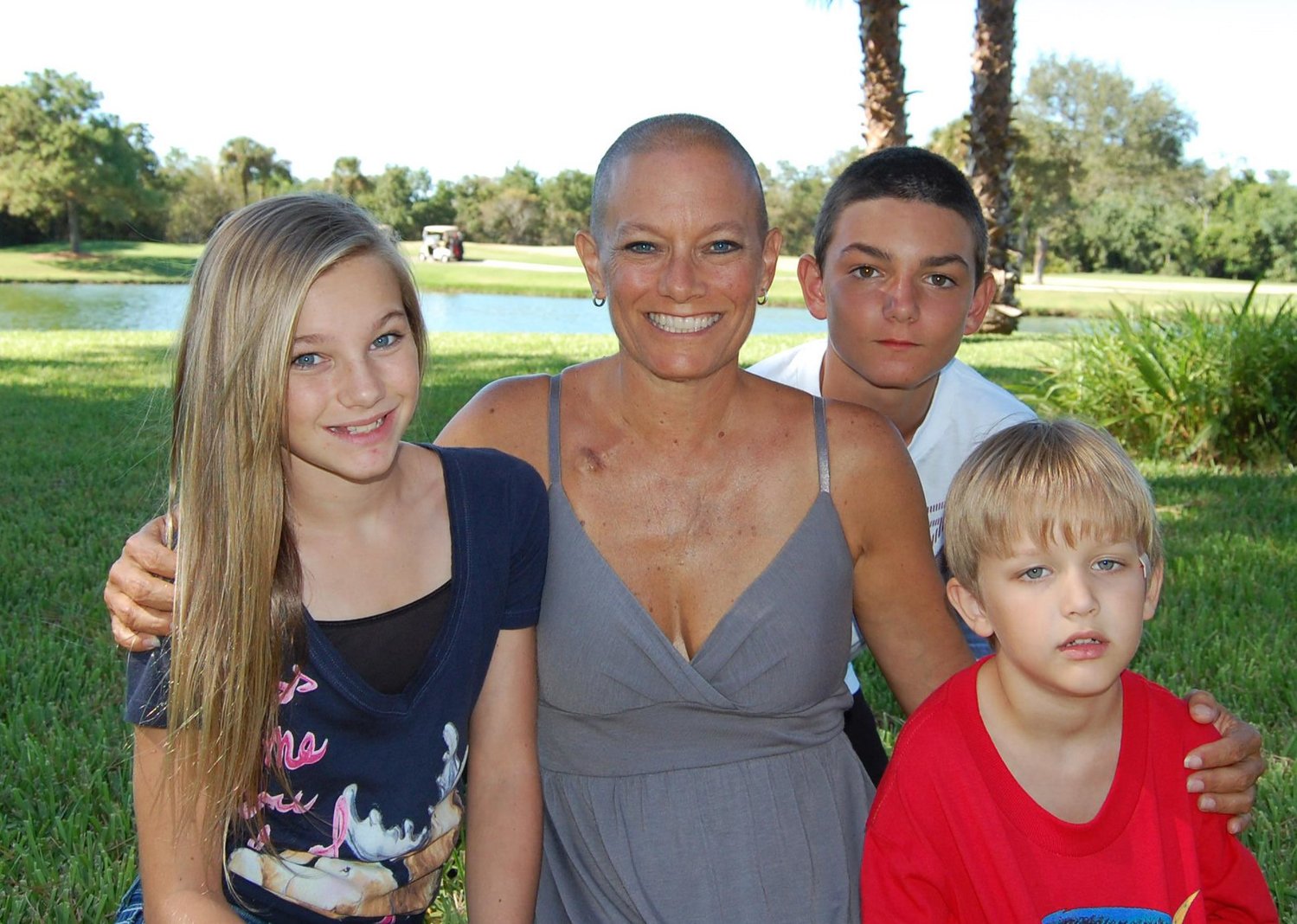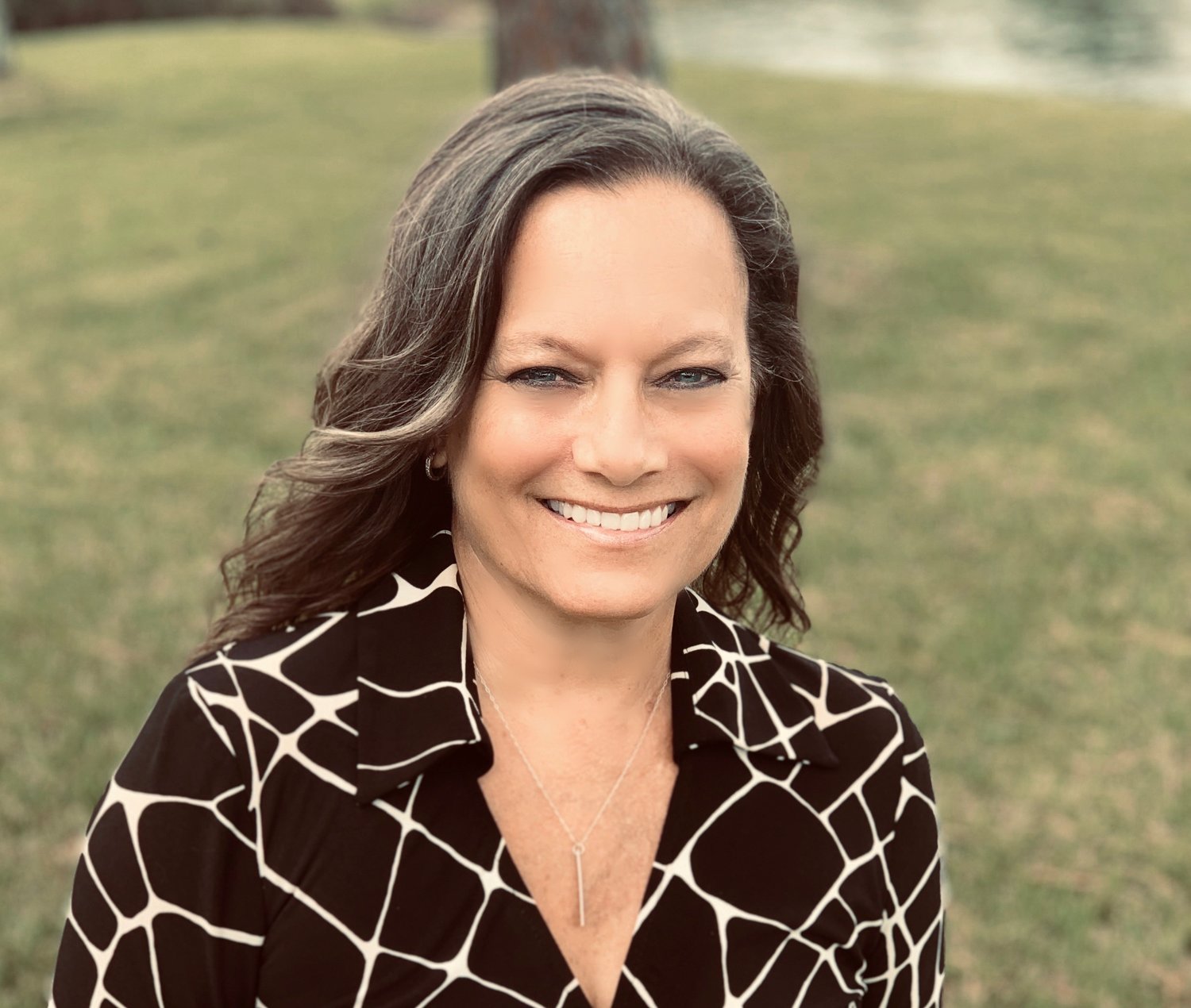MPOWR St. Augustine fights against the odds
The nonprofit looks to support community members touched by cancer
The second time Cynthia Searle was diagnosed with breast cancer, she didn’t let it demoralize her like most other women would have. Instead, she decided she wasn’t going down without a fight.
“I really felt like I was standing in my power,” Searle said. “I was basically saying to the cancer, ‘You can come get me but I’m going to swing a bat at you.’”
A two-time, triple negative breast cancer survivor, Searle swung and, against all odds, beat cancer for the second time. Her doctors shook their heads in disbelief, saying she must be that “one-in-a-hundred” case. They called her a “radical remission.”
Searle was an anomaly, for sure. But was it more than just that? Afterward, she felt not enough people were asking her how or why she was able to beat the odds. Comparing the two times she was diagnosed and the mentality she greeted it with, she decided she wanted to help and empower other individuals facing a disheartening prognosis. Today, Searle is the founder of MPOWR St. Augustine, a 501.c.3 nonprofit dedicated to providing support to community members touched by cancer.
Searle believes not only her attitude toward her second diagnoses improved her odds but changing her diet and taking control of her health helped armor her body for the fight.
“The oncologists focus on what they can do for the patient,” Searle said. “But let’s work in concert. Strengthen (patients) so (they) can engage in the fight in a real and meaningful way. That's the piece that's missing.”
Searle is clear that she in no way intends to represent the “cure” or undermine a doctor’s treatment. She does believe, however, that patients can work in conjunction with their doctors to better shield themselves during their recovery journey. In this way, treatment includes a combination of traditional western and holistic interventions, based on research and practice.
Most importantly, Searle believes there is no such thing as false hope.
“From the patient perspective there is no such thing (as false hope),” Searle said. “If the doctor doesn't know if (a patient) is ‘the one’ or the other 99, how can it be false hope? They don't know. If nobody ever had a radical remission, if it never happened, then it would be a false hope.”
MPOWR St. Augustine works in conjunction with The Radical Remission Project, which started by Kelly Turner, Ph.D., who spent a year traveling the world to study cancer survivors who had experienced unexpected remissions. Turner believes there are nine elements the survivors had in common which are a combination of physical, spiritual, emotional and psychological activities that lead to improving their odds.
“We need to remember, every day we make choices in our life that are either productive for healthy living or are in some ways undermining us,” Searle said. “This isn't that we are causing our cancer. The cells that are already in our bodies, we are either fighting them well with a really strong immune system and good, healthy nutrition, or we are eating poorly and creating inflammation and giving it fuel.”
Whether a patient is given the diagnosis of one-in-a-hundred or, even, one-in-a-thousand, Searle said to not lose hope. Fighting against the odds is the first step toward winning — despite all odds.
“If we can just have every newly diagnosed person fight to be ‘the one,’ we're going to have better outcomes,” Searle said.
MPOWR St. Augustine offers both a two-day Radical Remission intensive and five-day Radical Remission Healing Retreat in St. Augustine. For more information email Cynthia Searle at Cynthia@MPoWRStAug.org.
Photos provided by Cynthia Searle










